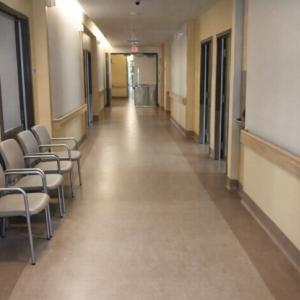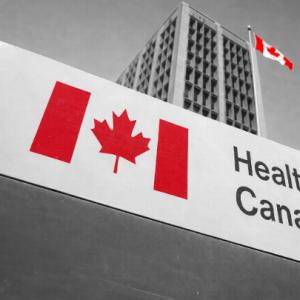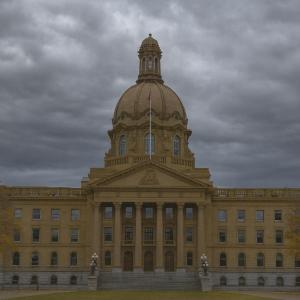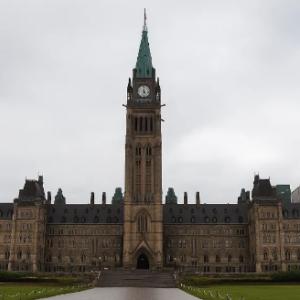As Parliament resumes, Canadians expect healthcare solutions
Members of Parliament returned to Ottawa last week with an unprecedented set of issues: a once-in-a-generation affordability and housing crisis, U.S. trade war tactics reminiscent of the Great Depression, and dangerous conflicts in Eastern Europe and the Middle East.
Amid international chaos and its destabilizing impact domestically, Canadians expect to be able to access healthcare when they need it. A recent poll shows that nearly all Canadians (89 per cent) believe improving access to universal healthcare should be a key priority for government.
Parliamentarians must resist placing access to care on the back burner. We ignore it at our peril. Punting the issue to the provinces and territories to solve on their own is simply not an option. We need all hands on deck.
Prime Minister Mark Carney is promising to move quickly to build a strong and resilient country for generations to come, and it should go without saying: there cannot be a healthy and strong Canada without a healthy and strong population.
Canadians know this. In a time when they are rightly concerned about providing for their families’ basic needs, they shouldn’t have to worry about accessing healthcare too.
Yet here we are. An estimated 6.5 million Canadians still don’t have a family doctor. Surgery and diagnostic delays are still rampant following the pandemic. Canadians with the ability to do so are increasingly turning to private care options, even draining savings accounts to end the pain they’ve endured for far too long.
The good news is that there are solutions. During the election campaign, the Liberals promised several initiatives to improve healthcare: adding thousands of new doctors, scaling up team-based care, reducing unnecessary paperwork, and enabling health professionals to work where and when they are needed. Since the election, we’ve heard federal Health Minister Marjorie Michel express an interest in reducing paperwork for physicians and reintroducing legislation to enhance digital health solutions.
All good ideas. It’s now time to turn those promises into policy.
The federal government’s new “Buy Canada” strategy, aimed at prioritizing Canadian suppliers, materials, and innovation across federal procurement programs, should be applied to healthcare. Our country spends $370 billion a year on healthcare, including purchasing medical supplies, equipment, technology and pharmaceuticals, much of it imported when it could be made here. Ensuring both the economy and Canadians themselves are healthy and strong should go hand-in-hand. We now have a unique opportunity to use the healthcare system’s buying power to create jobs, foster innovation and build a stronger Canada for all.
We can’t stop there. The Canadian Medical Association has urged governments to modernize healthcare in Canada by enhancing efficiency, driving innovation and promoting equitable access to care. We’ve called for government to eliminate barriers to physician mobility, make it easier for physicians to immigrate to Canada, and lead a national approach to health workforce planning so that we can eliminate staffing shortages.
We’ve known about many of these solutions for years. Canadians cannot wait any longer for action, and they certainly shouldn’t have to resort to draining their bank accounts to access timely care. It’s time for action.
If I, a cancer doctor from New Brunswick, may make one more request of our returning Parliamentarians of all political stripes: in this hyper-partisan era when they who shouts loudest appears to win, please remember: healthcare is not a partisan sport.
When we talk about healthcare challenges and solutions, we need to remember that we’re talking about people. All Members of Parliament know how important healthcare is, and they all know someone who has struggled to access care when they needed it. Let’s put aside partisan sniping and unhelpful rhetoric and focus on solutions.
Canadians deserve better. Let’s get to work.
---
Dr. Margot Burnell is an oncologist in New Brunswick and the president of the Canadian Medical Association.









